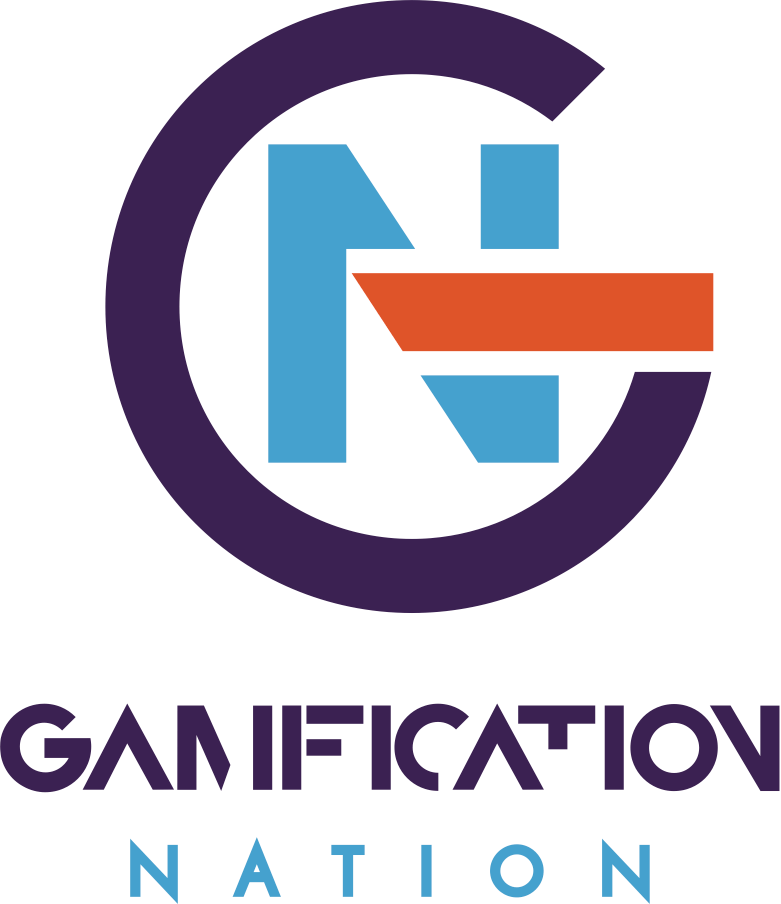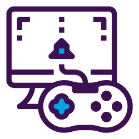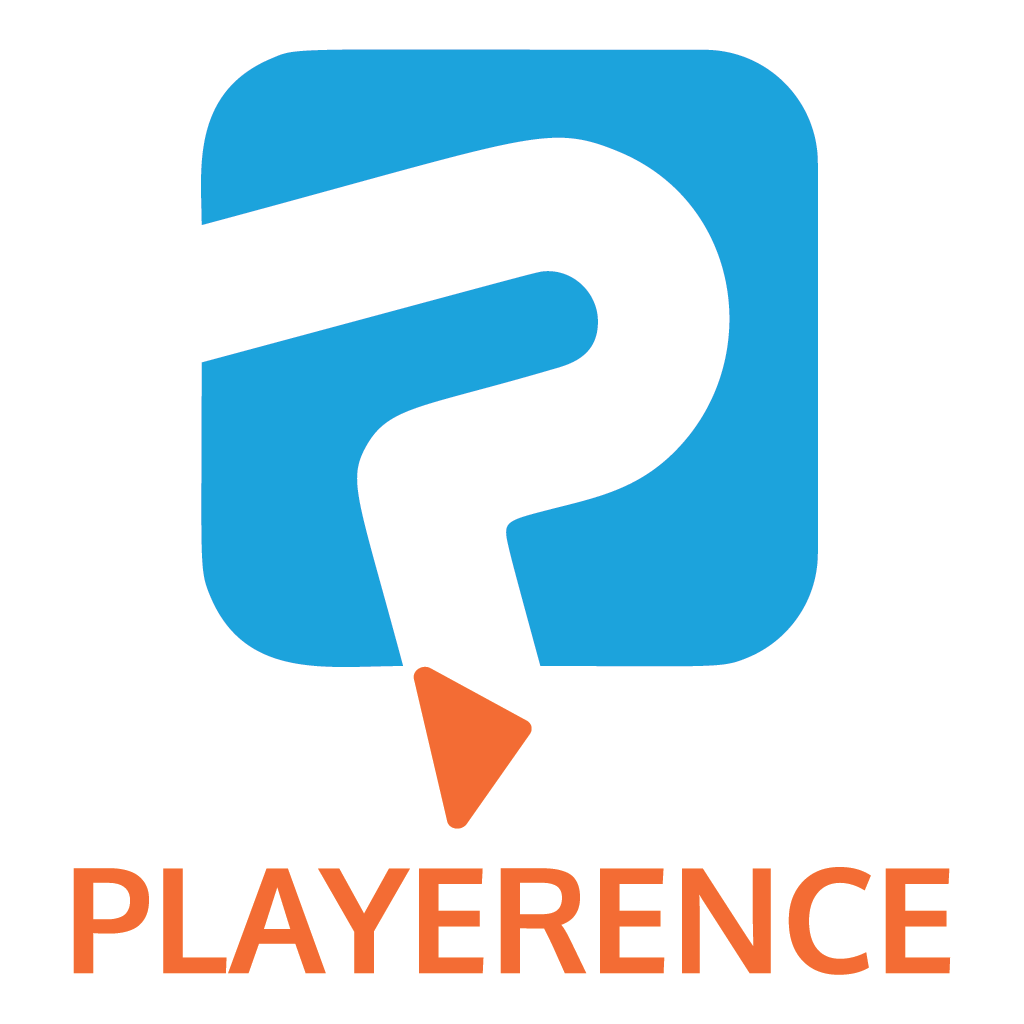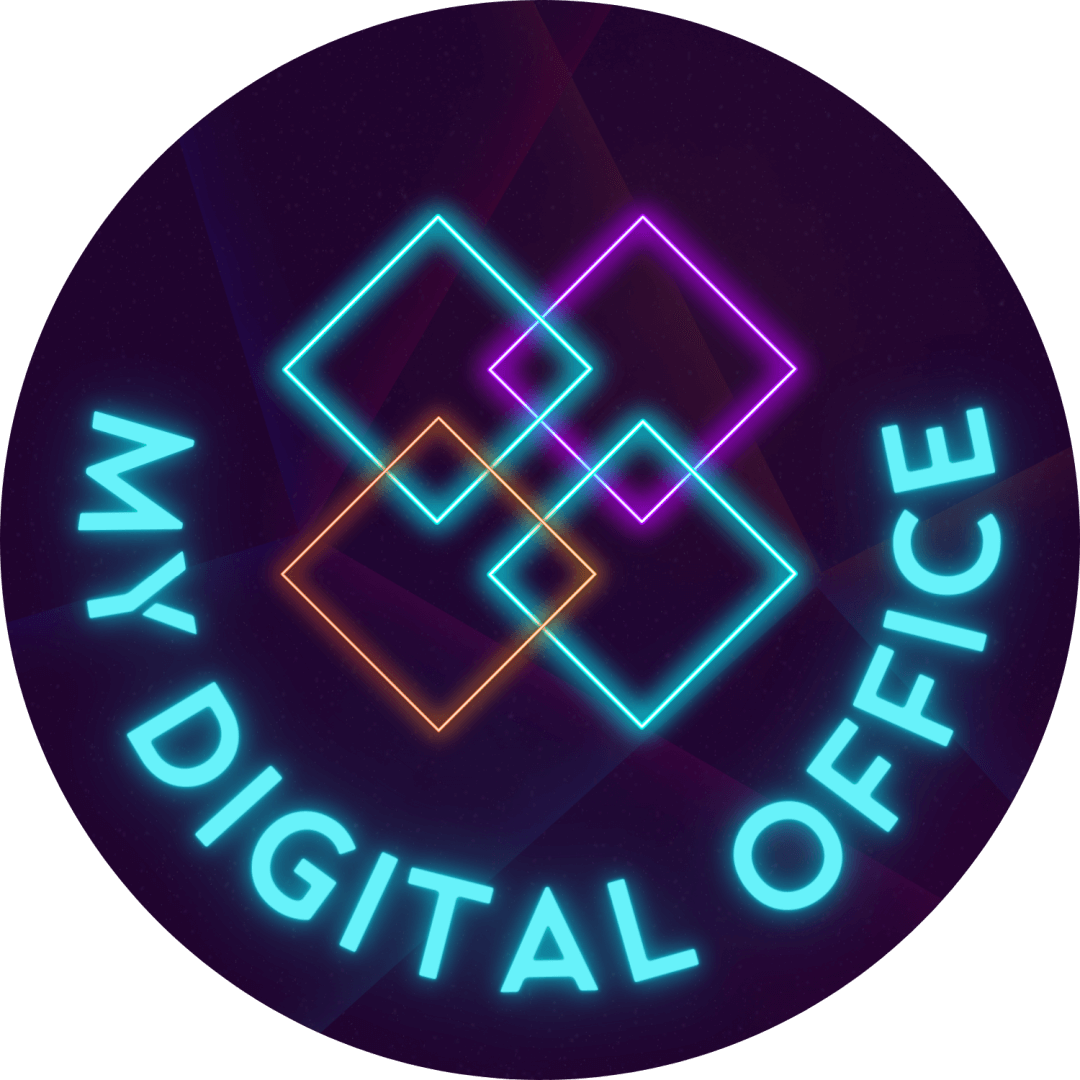Random rewards are allocated on a randomised basis and provide an element of surprise. Fixed rewards appear at regular intervals usually at the end of a specific pre-designed activity or set of activities. In a recent gamification workshop I was asked, what works best for rewards and whether financial rewards should be included as part of the motivational design.
Personally I believe that when people are already receiving payment for the work they do, that is commensurate with experience and on par with what is normal for that level job in the industry and country, then I would avoid financial rewards. We know from a lot of HR research that financial rewards only give short term motivation and will become an expectation very quickly, hence eroding the motivational effect.
Rewards in the shape of praise for a job well done, in the moment of when it is done by a person that matters is more meaningful and motivational. The strongest motivational effect tends to come from rewards the employees choose for themselves. Even having to put more effort in, whilst saving up for rewards that matter to the individual will work better than big give-aways of gadgets. If you are holding a short term campaign make the rewards equal to the effort needed to earn them and do some research what people like.
Organisations like for example Perkbox in the UK allow you to give your employees a number of choices. Earning points or virtual coins and obtaining rewards that matter whilst trading in points can work very well. If no budget is available for rewards then it’s time to be creative and maybe offer time with a senior person in the organisation for those that qualify. Access to senior people in the organisation is often elusive and yet especially amongst young workers something they may really want to achieve.
Keep rewards on brand and potentially select from within your own service or product lines. I remember working for a company and we received first pick at sales times and of refurbished items, there always was a staff catalogue. When you have an exciting product line, this may be easy to create. Ice cream as a reward on a hot day or the rest of the day off for the one person that hits the target first that day. A course of your choice free of charge from a selection of paid courses, time with specialists, insight into another department, exchange to another team in another country, first access to a new service, etc. Those are all examples of rewards that have worked for our clients.
What have you used as rewards, that worked well for your employees?




